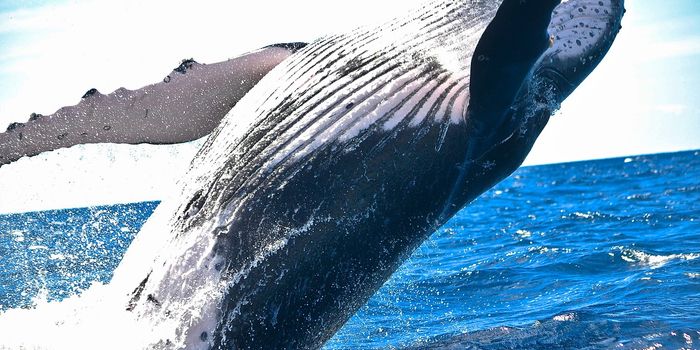Forecasting the Future: Examining Climate Change's Impact on Coastal Wetlands
Can climatologists predict the future of climate change? This is what a recent study published in Nature Communications hopes to address as a team of researchers from Tulane University used computer models to forecast how climate change could impact Louisiana coastal wetlands up until the year 2070. This study holds the potential to help scientists, legislators, and the public better understand the long-term impacts of climate change on coastal cities, both ecologically and economically.
“It is the dream of every field researcher who does experiments – we can basically travel 50 years into the future to get a peek at what’s in store,” said Dr. Torbjörn Törnqvist, who is a Vokes Geology Professor in the Tulane Department of Earth and Environmental Sciences and a co-author on the study.
For the study, the researchers took measurements from 253 monitoring sites across the Louisiana wetlands obtained over 13 years and used computer models to predict how these sites could withstand rising sea levels between now and 2070. In the end, the team discovered that 87 percent of these sites would not be able to withstand rising sea levels, along with ascertaining that 75 percent of Louisiana’s coastal wetlands would be underwater by 2070.
“To our knowledge, this is the first time that a climate impact experiment has been carried out over a region this large, based on hundreds of monitoring stations that have collected data for about 15 years,” said Guandong Li, who is a PhD candidate in Earth and Environmental Sciences at Tulane University and lead author of the study. “This has also allowed us to study the climate impact on a heavily human-influenced landscape, rather than a more resilient pristine ecosystem.”
The results of this work were previously announced in August 2023, although the study had yet to be published, as Li noted that New Orleans was particularly vulnerable to rising sea levels, specifically after the impacts of Hurricane Katrina.
What new predictions will researchers make about the long-term impacts of climate change in the coming years and decades? Only time will tell, and this is why we science!
As always, keep doing science & keep looking up!
Sources: Nature Communications, EurekAlert!, Esquire








